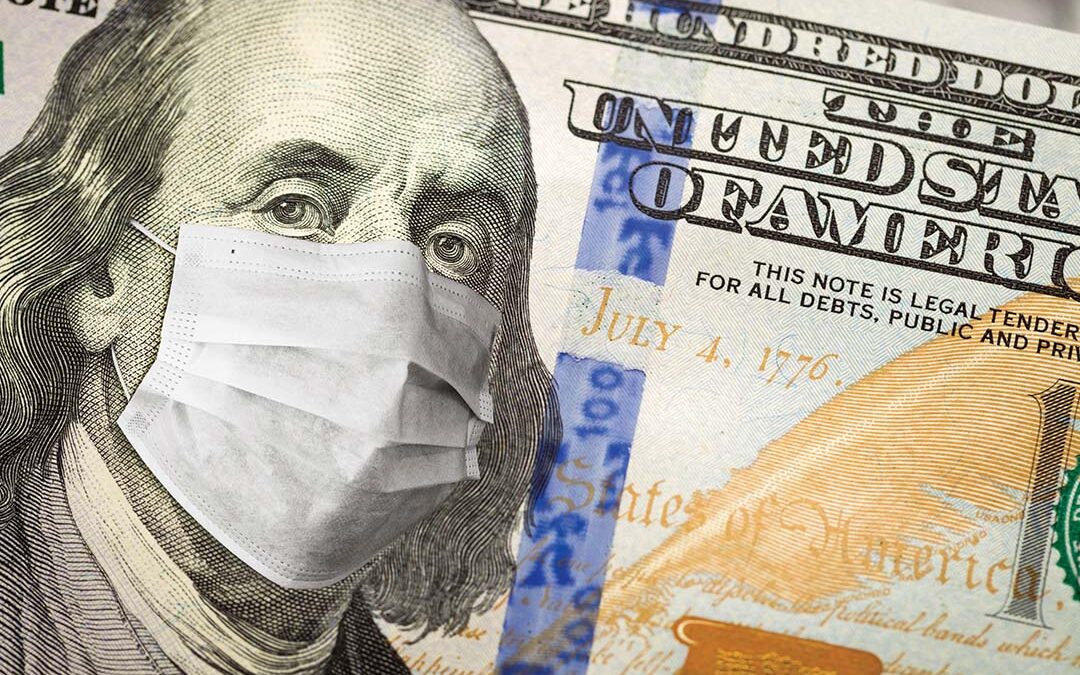There is absolutely nothing in this report that should be interesting, shocking, or otherwise reflective of surprise. $784 million in improper payments is estimated to have been made to providers as it relates to COVID-19. Claims were submitted to the uninsured program administered by the Health Resources Services Administration (HRSA) with what I can only describe as minimal oversight (and I think I am being generous). Many patients were never seen, while others had no COVID-19 related issues or were covered under their health insurance.
In our experience working as agents at HHS-OIG, we had really considered HRSA to be a very small organization, with limited resources. Sometimes we joked that there were two people who worked there, and they were in a basement room with no windows in the Cohen Building in DC. Obviously, that was and is not the case, but giving a small division within HHS this huge undertaking was going to be a challenge.
If you thought you had COVID-19 and sought a test or treatment, you are probably familiar with these issues. I was tested numerous times during the pandemic. In each and every instance, I was asked if I had insurance and provided said insurance information to the requestor. I do not believe that my insurance was charged in any but 1 of those instances.
In a general sense, if a patient did not want anyone to know there was a possibility of testing positive for COVID-19, the patient would simply have to tell the person requesting the insurance that the patient did not have any insurance. While there is an attestation that was typically completed, it is not like the requestor of the insurance information had the ability to go into the patient’s wallet and search for an insurance card. Further, United Health Care (UHC) was the contacted payer to process the claims. They had no ability to cross-reference individual patients to a “master database” of insured individuals to see if any claims for reimbursement requested via HRSA should have been paid by an insurer. UHC was merely the middleman and paid what was received by them for processing. Remember, HRSA’s COVID-19 program was essentially a grant, and UHC was merely the check writer.
While providers did have the ability to do some independent analysis, that would have been limited. For example, a provider of COVID-19 testing that had a contract with a municipal entity could have logically concluded that the person being tested was covered by the municipal health insurance benefit, and not merely noted that there was a denial in insurance. The testing entity could have coordinated with the municipality to ensure that proper coverage was identified. Here at Advize, we worked on a very large project where a COVID testing lab was routinely submitting claims to HRSA, when it was later identified that patients had other coverage.
As an example, the lab in question had a contract to conduct testing at a private summer camp for children. The cost was high to send children to this camp, and staff were also tested. The staff costs should have been paid by the camp and we had a difficult time believing that the children of wealthy parents who could afford to send their children to an exclusive day camp did not have insurance. It was really just a poorly designed process. Once we got involved, we worked to identify many instances where other insurance was likely available, and have the lab do the work to refund the money to HRSA. It was a painful lesson for this client, as millions were paid back, there was an inability to submit the claims to the correct payer (due to the time out of the claim submission) and the lab had to pay for the work that we performed.
As we have all been saying, this is just the tip of the iceberg. With no consolidated database of people to their insurance plan, the work is just starting. The statute of limitations for COVID prosecutions was already extended to 10 years, and that should be a trigger for us all to understand that it is only just beginning. We have finally started to see people come off the discussion that “2022 is the year of the audit,” and realize that the uptick in audits, investigations, and enforcement will continue.


Recent Comments